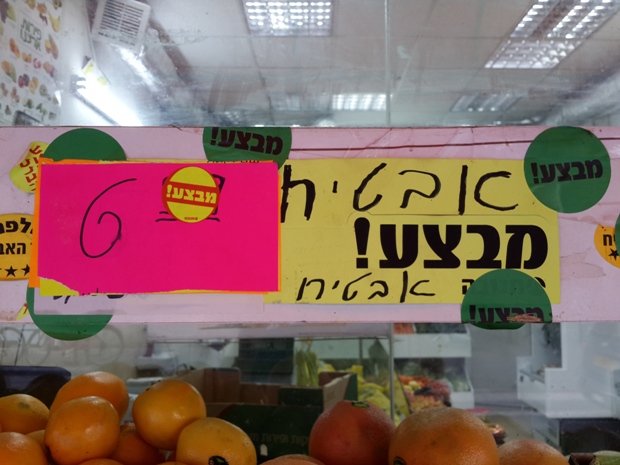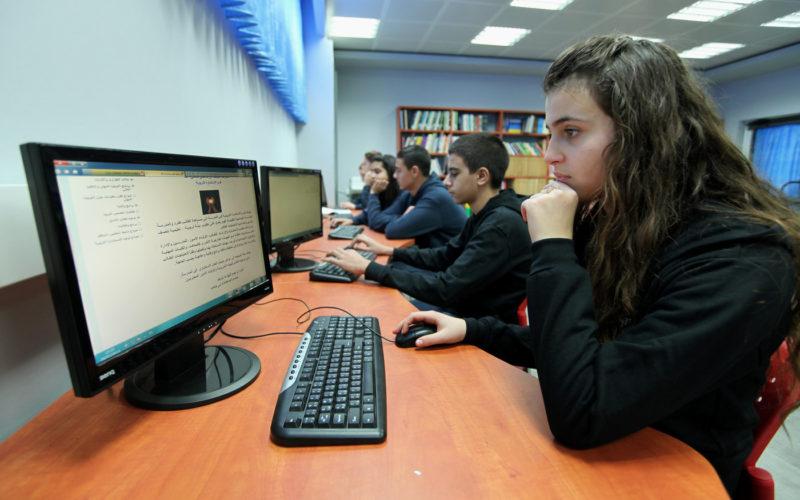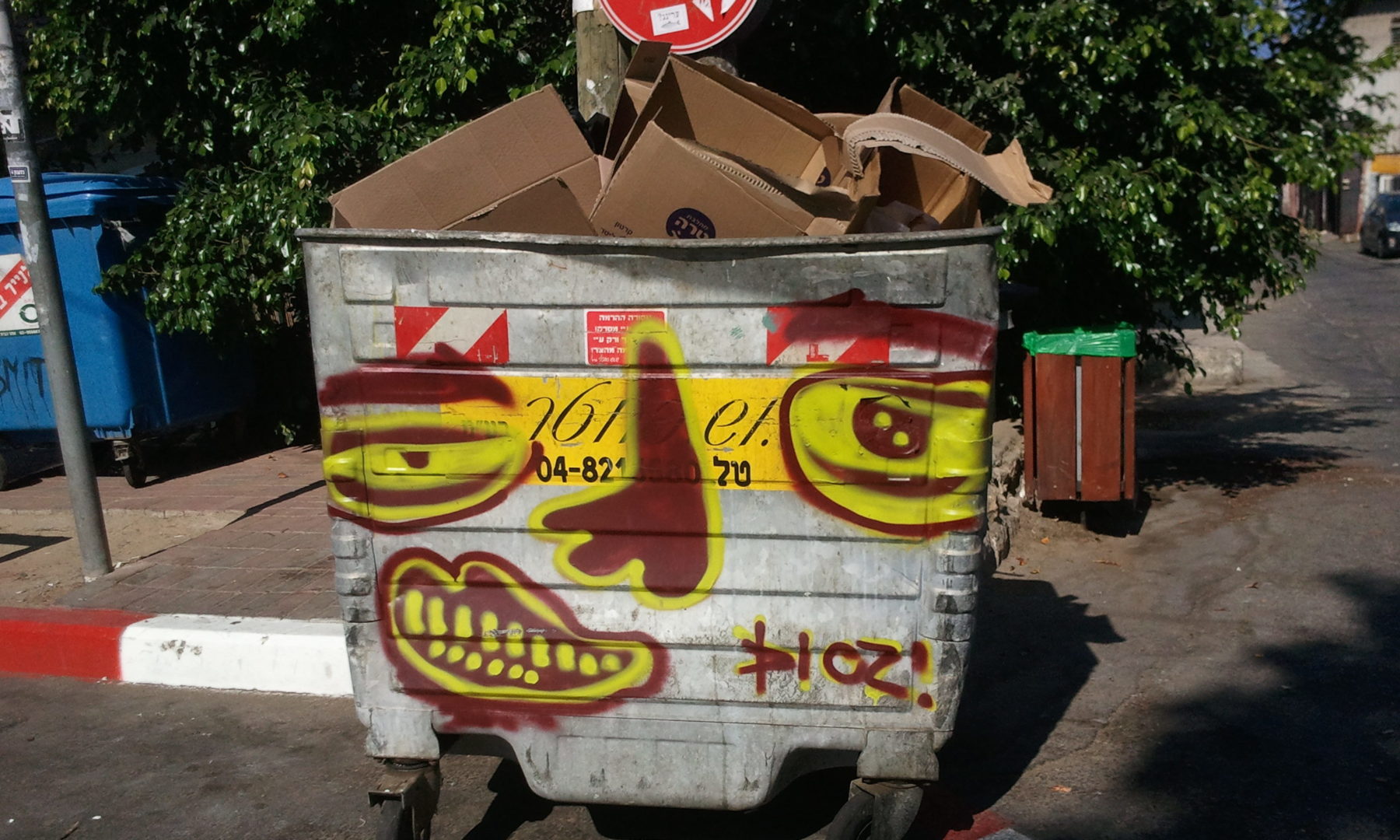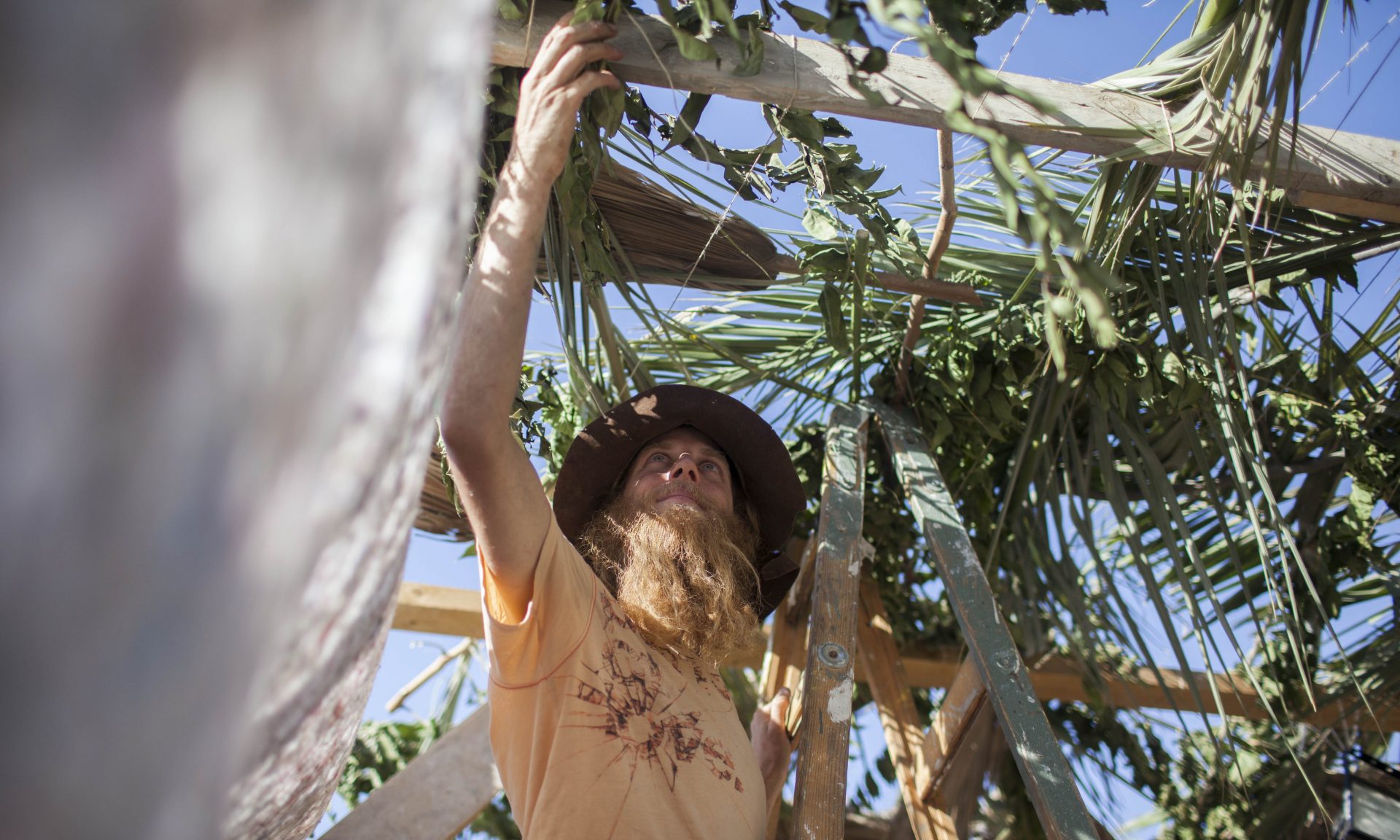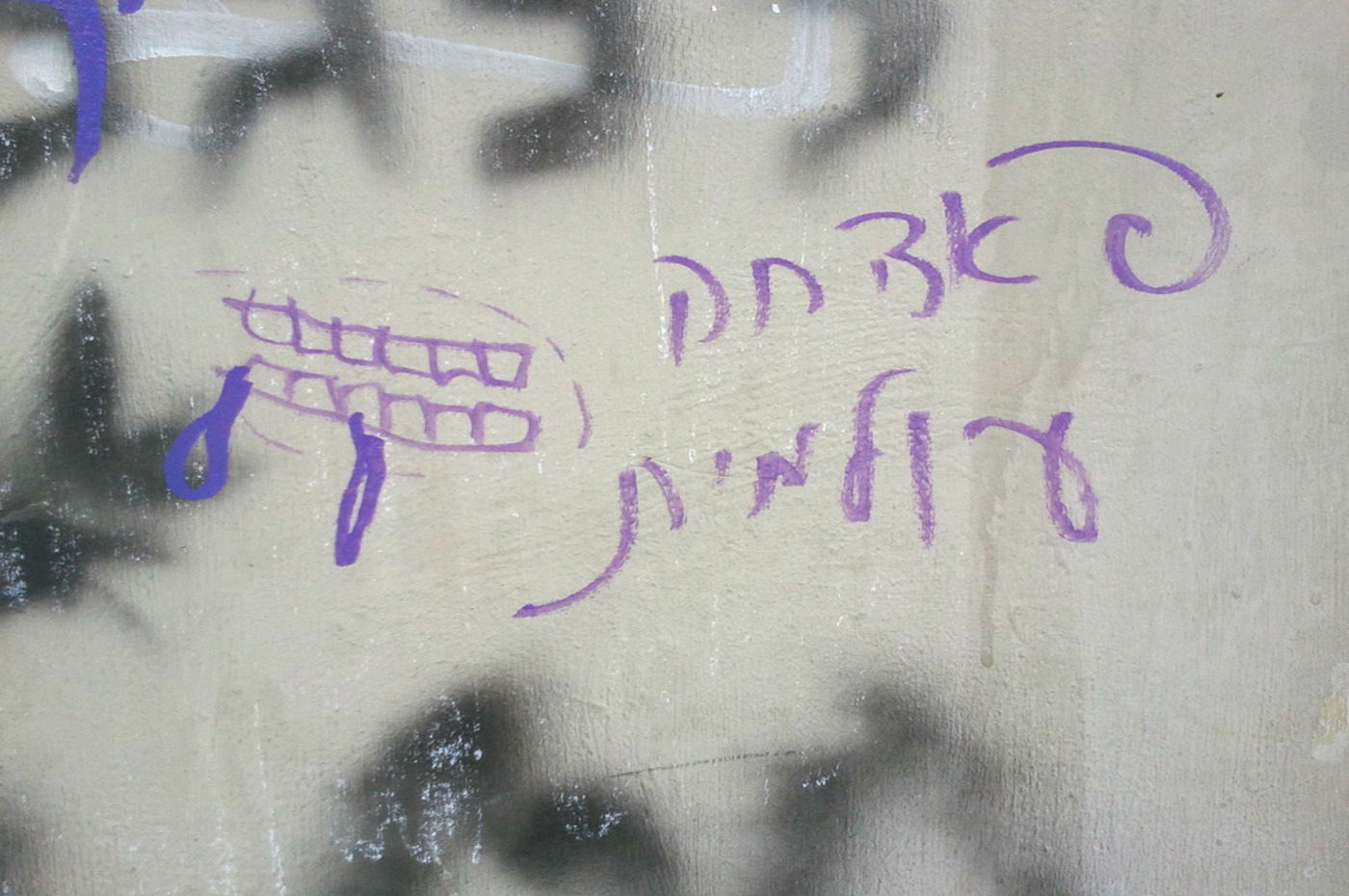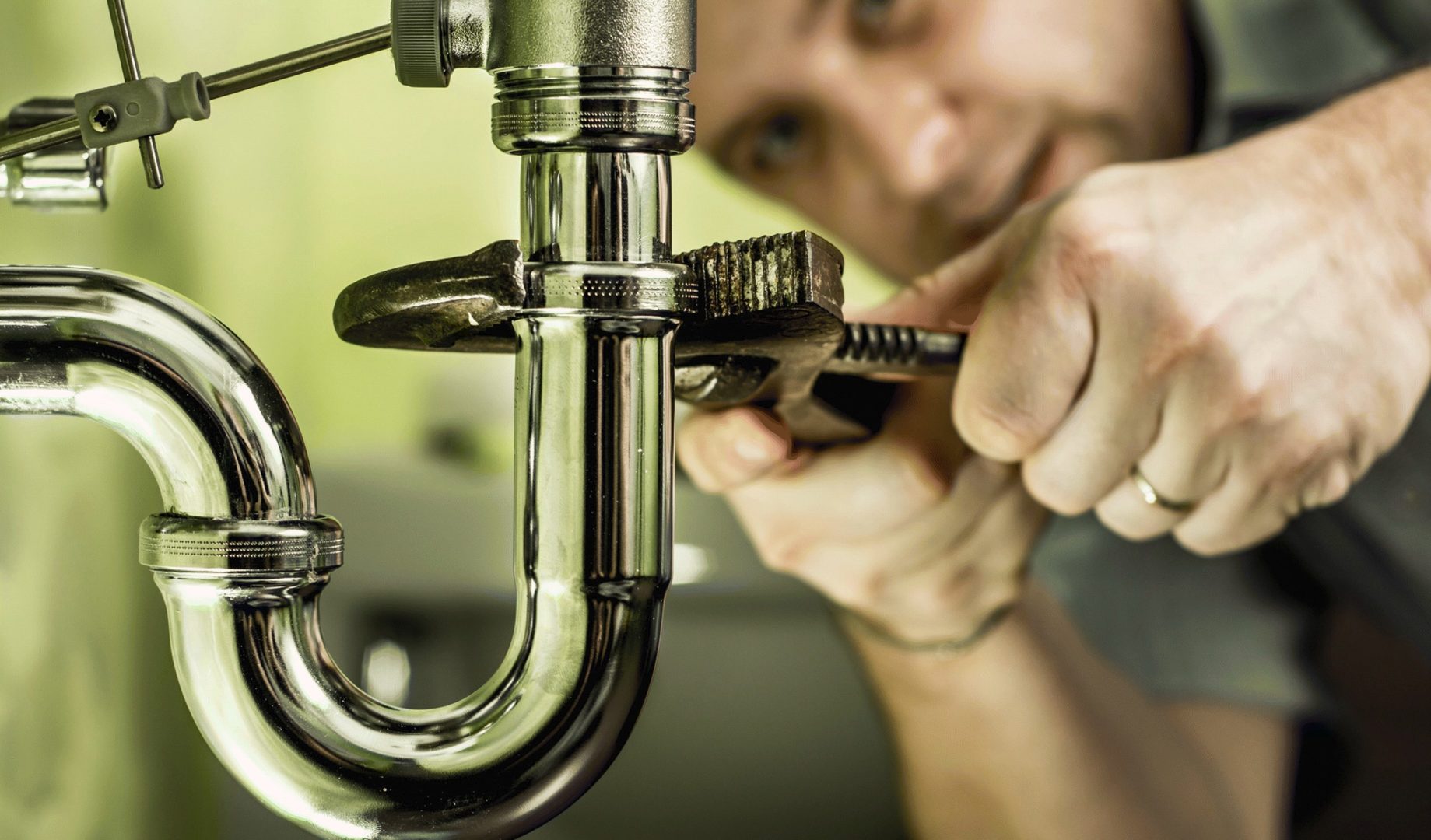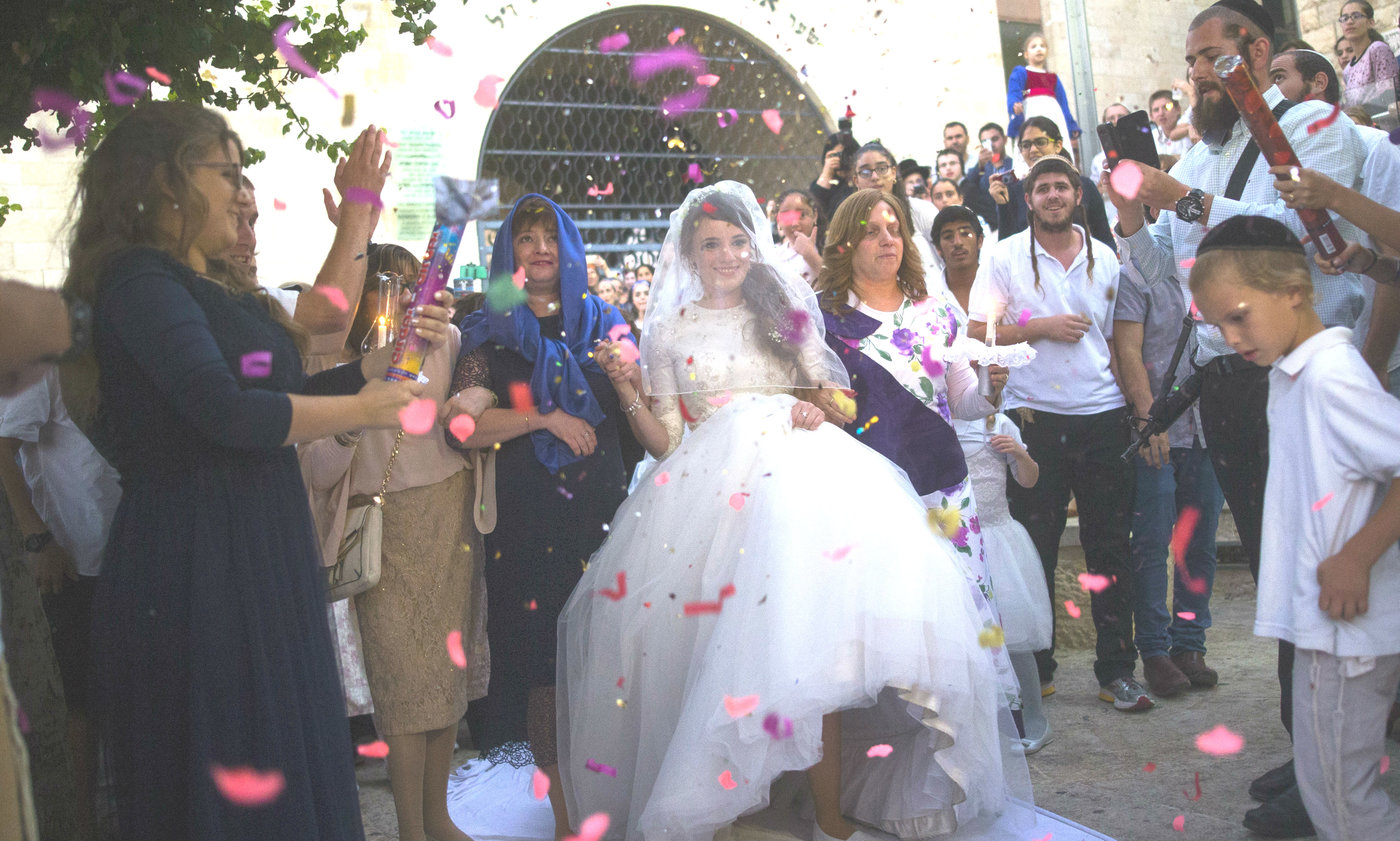Streetwise Hebrew
Is This on Sale? Vernacular of a Bargain Hunter
Guy talks about navigating shopping interactions, bargaining your way through sales, and understanding discounts in Hebrew
Read MoreWhat a Life!
The word איזה, “what a”, is used habitually in conversational Hebrew. Guy explains when and how to say it.
Read MoreThrow Out Those Old Answers to ‘Eich Haya’
Now that the holidays are behind us, you will likely get asked ‘eich haya,’ or ‘how was it?’
Read MoreStreetWise Hebrew Unpacks Sukkot
TLV1’s Guy Sharett unpacks the root of the words ‘sukkot’, ‘sukkah,’ and ‘schach’ – that stuff that goes on top of one’s sukkah.
Read MoreMaster of Slang You Will ‘Become’
How do we say ‘become’ in Hebrew? Guy explains the forms of ‘nihya,’ which is the passive usage of ‘lihyot,’ or ‘to be.’
Read MoreDon’t Fear the Fashla: How to Mess Up in Hebrew, Perfectly
‘Fashla’ and ‘fadiha’ are originally Arabic words and we Israelis use them to talk about embarrassing or awkward moments.
Read MoreMeet the Patrons Part 2: The Politically Correct Plumbers of Tel Aviv
We’re airing pieces of the Skype chat host Guy Sharett had with some of our StreetWise Hebrew Patrons in August.
Read MoreMeet the Patrons Part 1: My Big Fat Jewish Wedding
Over the next two weeks we’ll be airing pieces of the Skype chat host Guy Sharett had with some of our Patrons in August.
Read More

